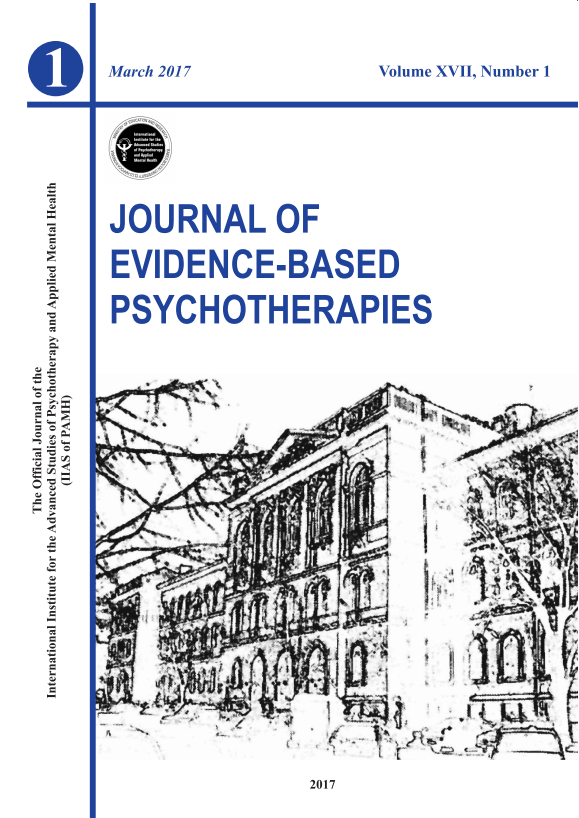Paula I. Stroian*1,2
paulastroian@psychology.ro
1 “Evidence-Based Assessment and Psychological Interventions” Doctoral School, Babeș-Bolyai University, Cluj-Napoca, Romania
2 The International Institute for the Advanced Studies of Psychotherapy and Applied Mental Health, Babeș-Bolyai University, Cluj-Napoca, Romania
Abstract
Grounded in cognitive theory, the schema therapy model of psychopathology proposes a set of maladaptive cognitive structures, called early maladaptive schemas, resulting from the invalidation of emotional needs. More recently, the schema therapy model has been adapted for use with depressed clients. However, the utility of addressing emotional needs in the psychotherapeutic treatment of depression has not been established. The present paper aims to provide a narrative review of the current literature on basic needs as motivational factors in depression and their relation to schematic functioning. Theoretical considerations and practical evidence on the use of constructs related to basic motivation in depression are drawn from the literature on the cognitive and schema therapy-based models of depression. The implications for the theoretical understanding of needs are discussed, as are future directions for the research of schematic functioning in depression.
Please cite this article as: Stroian, P. I. (2021). Emotional needs and schematic functioning in depression: A narrative review. Journal of Evidence-Based Psychotherapies, 21(1).
DOI: 10.24193/jebp.2021.1.2
Published online: 2021/03/01
Published print: 2021/03/01
Keywords: needs, modes, depression, schema therapy, cognitive therapy
